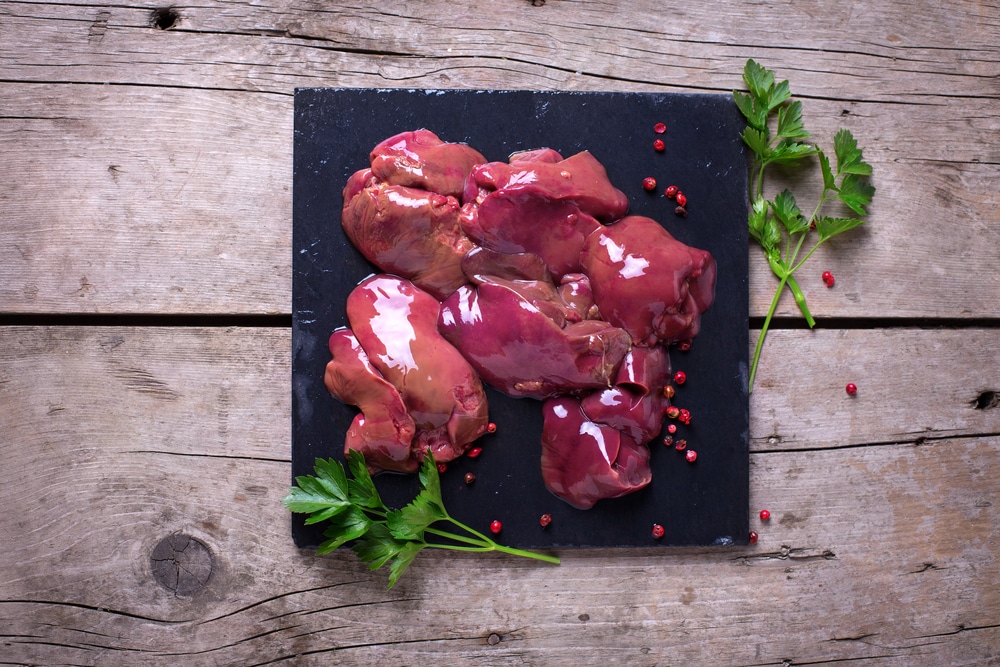
With high levels of water and blood, a chicken liver is an extremely delicate part of the entire bird. It’s extremely healthy – with a lot of protein – but at the same time despised and hated by a certain few palates.
Aside from smoking, curing, brining, canning, and dehydrating, a piece of chicken liver – similar to other perishable food – can be safely preserved through freezing.
Can You Freeze Chicken Livers?
Why is it necessary to freeze your chicken liver?
After our ancestors discovered the benefits of placing their game inside a pile of snow, we have been using this method to keep our food edible for a few days.
Nowadays we use our freezers – an appliance that was invented in the early nineteen hundredth century – to preserve perishable foods.
Freezing is necessary because a piece of raw/cooked liver has several harmful bacteria living on its surface.
Bacteria on a piece of the chicken liver are divided into two types, pathogenic bacteria, and spoilage bacteria.
Spoilage bacteria are harmless because their purpose is to spoil/deteriorate the piece of chicken liver. But they are the ones responsible for imparting the chicken liver with an unpleasant odor, taste, and texture. So even though the spoilage bacteria are not harmful, they will still turn the chicken liver into a disgusting mass rotten-filth.
There are a ton of pathogenic foodborne bacteria but a few that live on a chicken liver’s surface are, Clostridium botulinum, Salmonella, E Coli, and Bacillus cereus. Pathogenic bacteria are not deadly but will cause will a lot of pain and suffering. Ingesting a piece of Bacillus cereus infested chicken liver can cause diarrhea that lasts for 6 to 15 hours and vomiting that lasts for 30 minutes to 6 hours.
Eating E Coli infested chicken livers will cause severe diarrhea that lasts for 5 to 10 days.
Salmonella on a chicken liver will cause diarrhea, stomach cramps, and fever. Sometimes these Salmonella induced symptoms can last for several weeks.
Clostridium botulinum is the most horrific pathogen transferred on top of your chicken liver through animal feces. Clostridium botulinum, when ingested, can cause breathing difficulties, muscle paralysis, and death.
Cooking your chicken liver will kill these bacteria but they will propagate once more if kept outside (within 40 to 140 degrees Fahrenheit) for more than 2 hours. This is why freezing your chicken liver is extremely important. As freezing deactivates these harmful food pathogens.
How to freeze chicken livers?
Whether your chicken liver is cooked or uncooked, following our freezing procedure will let you preserve your chicken livers the best way possible.
- Dry your chicken livers. Moisture will ruin their taste when stored for longer periods.
- Divide your chicken livers into smaller serving size portions.
- Put your chicken liver portions into separate brand-new plastic bags.
- Use a vacuum sealer to pump air and moisture out of the plastic bags. Not having air and moisture will provide your chicken livers the best freezing environment.
- Place the vacuum-sealed bags inside the freezer whose temperature is below – 8 to – 18 degrees Celsius. Because this is the only temperature range that will store your chicken livers for 2 to 6 months.